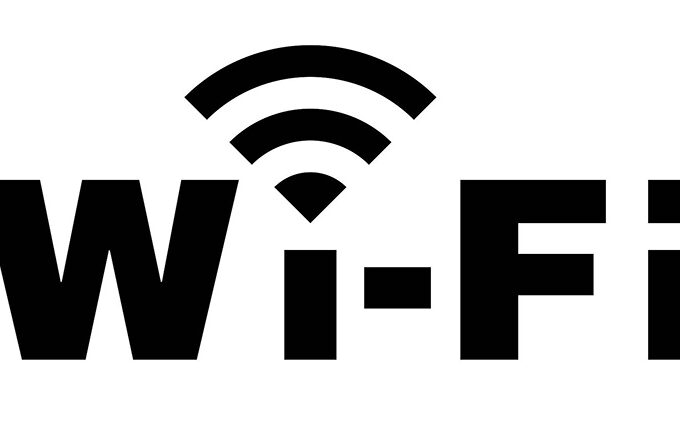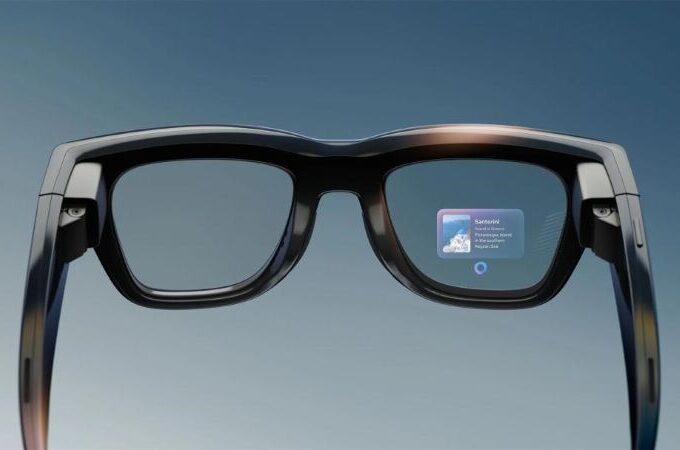Researchers at the Massachusetts Institute of Technology (MIT) have designed a new battery material that could potentially replace cobalt in car batteries, reducing costs, improving efficiency, and having a smaller environmental impact.
The researchers state that the cathode of the lithium-ion battery they developed uses a novel organic material instead of the common cobalt or nickel. The energy storage capacity of the new battery is comparable to cobalt batteries, and it charges faster, completing charge and discharge cycles in just 6 minutes.
Led by MIT energy studies professor Mircea Dincă, the research was recently published in ACS Central Science. Dincă emphasizes the significance of this new organic material, not only in terms of competitiveness in energy efficiency but also in cost savings, while avoiding environmental issues associated with metal mining.
Researchers estimate that the materials cost for assembling these organic batteries is approximately one-third to one-half of cobalt-containing batteries.
Cobalt serves as the basis for the cathodes in lithium-ion batteries used in electric vehicles, being a metal with high stability and energy density. However, cobalt has numerous drawbacks, being a rare metal with fluctuating prices, most cobalt mines located in politically unstable countries, posing supply risks. Additionally, cobalt extraction generates toxic waste, polluting the land, air, and water around mining areas.
Dincă points out:
“Cobalt batteries can store a lot of energy and can meet market demands in terms of performance, but they face limited supply issues and costs fluctuate greatly with commodity prices. As the proportion of electric vehicles increases, costs will certainly rise.”
Many institutions, including MIT, are researching battery materials that do not contain cobalt, such as BYD’s lithium iron phosphate battery. However, these batteries often perform poorly in terms of energy efficiency, with the energy density of lithium iron phosphate typically being only about half that of cobalt-containing batteries.
Numerous organizations, including MIT, are also researching the use of organic materials as alternatives to cobalt. However, until now, most organic materials have not been able to compete with cobalt batteries in terms of conductivity, storage capacity, and lifespan. Due to low conductivity, these materials often need to be mixed with adhesives like polymers to maintain conductivity, increasing the overall volume and weight of the battery, thereby reducing battery capacity.
In contrast, the organic material developed in Dincă’s laboratory is itself a strong conductor. According to the team’s paper, the new material matches cobalt battery cathodes in all aspects at the electrode level, with higher energy density and much faster charging speeds.
Lamborghini, which funded this research, has already obtained patent licenses. If this technology successfully reaches consumer applications, it could significantly accelerate the adoption of electric vehicles and reduce production costs in the automotive industry. Additionally, Dincă’s laboratory plans to continue developing alternative battery materials and is exploring the possibility of replacing lithium with sodium or magnesium to further reduce battery costs.













Can you be more specific about the content of your article? After reading it, I still have some doubts. Hope you can help me.